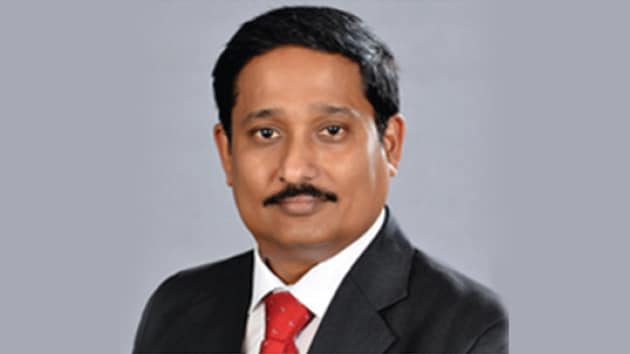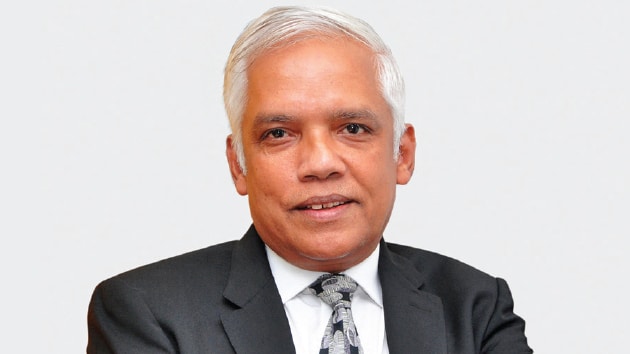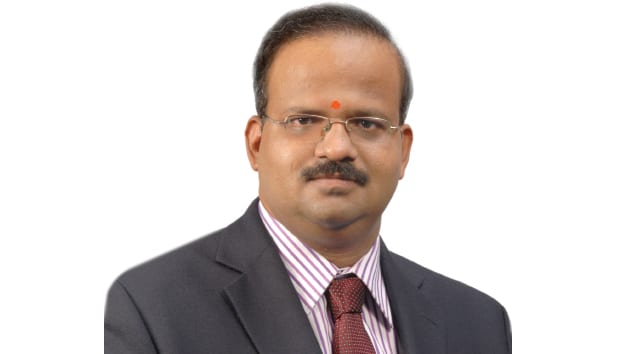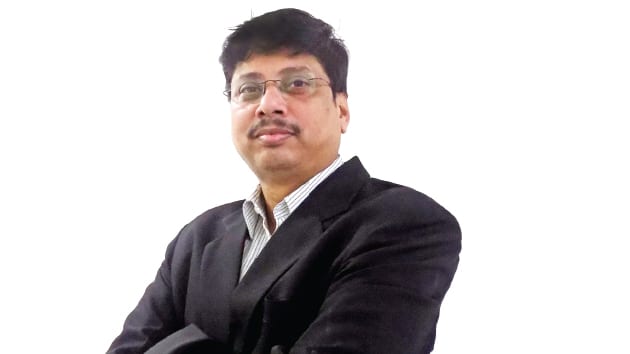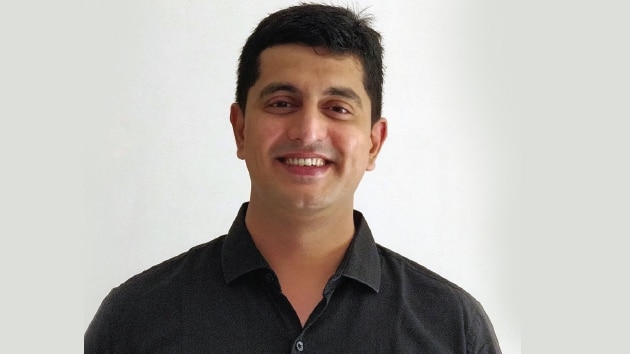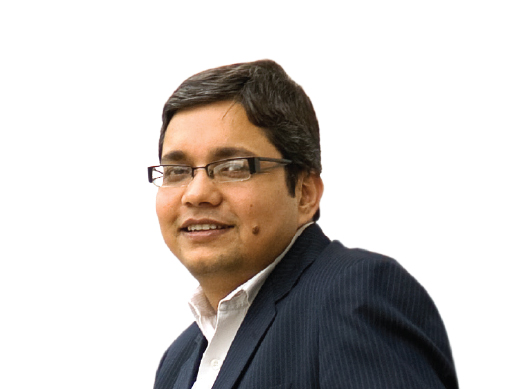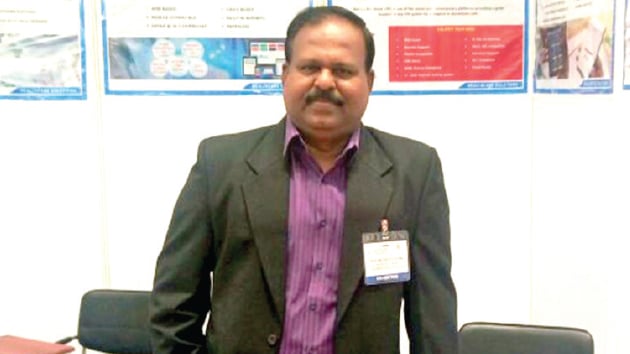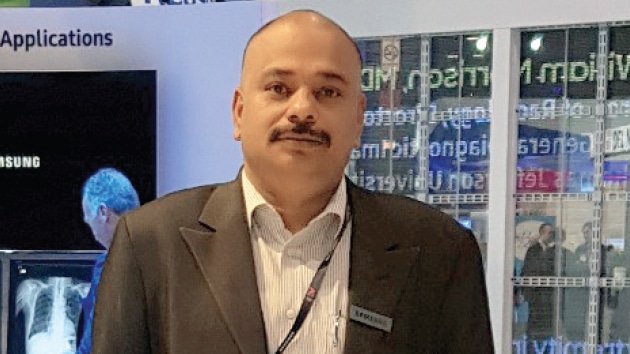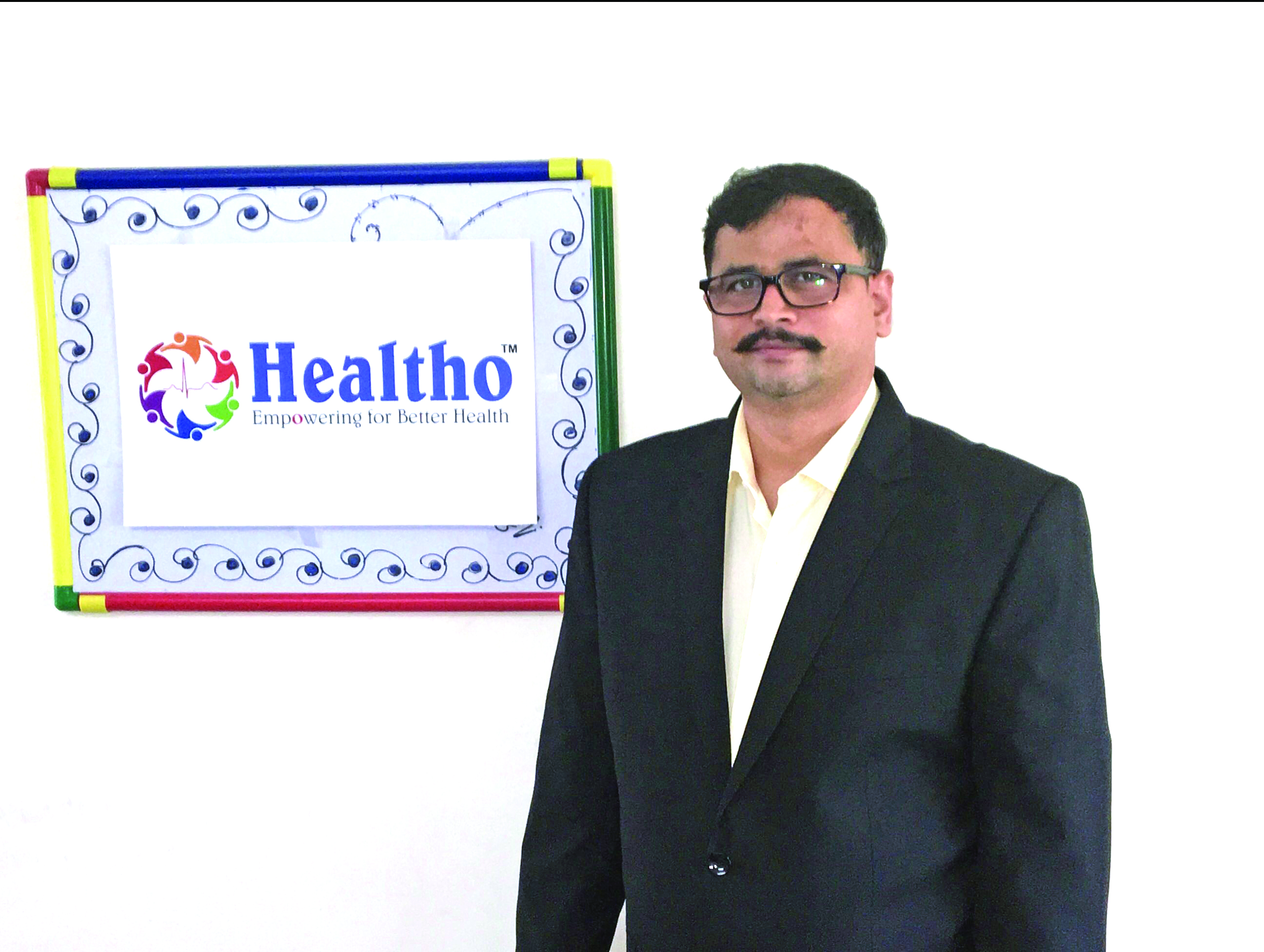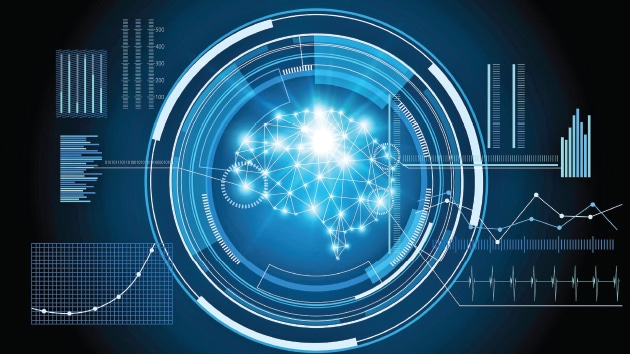
 Technology has emerged as a major enabling force behind almost every sectors development in the present times. When it comes to healthcare, the emerging technologies are proving to be a remarkable factor in benefitting the most sections of society or left out places, observes Mukul Kumar Mishra of Elets News Network (ENN).
Technology has emerged as a major enabling force behind almost every sectors development in the present times. When it comes to healthcare, the emerging technologies are proving to be a remarkable factor in benefitting the most sections of society or left out places, observes Mukul Kumar Mishra of Elets News Network (ENN).
Today, entire healthcare ecosystem seems embracing new technologies and is looking forward to modern technologies like automation, which is looked upon for leading to scalability, value based care and better medical outcomes.

Technology has always been a catalyst in healthcare service delivery and facilitated diagnostics, treatment, prevention, research, education and analytics, says Raj Sehgal, Vice President International Sales, Dr Lal PathLabs Ltd.
In laboratory industry, be it new investigations launched, advances in equipment used, testing techniques, genomics, oncology or service delivery, everywhere the technological revolution is bringing better efficiencies, reduction in errors, improved quality and reduction in TAT(turnaround time). In international domain with regard to laboratory testing, the entire esoteric test outsourcing business is backed by I.T giving instant access to advance laboratories, patient registration, data transfers and quick reports, he added.
Continuous technological developments in healthcare have saved countless lives and improved the quality of life. Not only has technology changed patients experiences and their families, but it also had a huge impact on medical processes and the practices of healthcare professionals.

Technologies including Electronic Health Records (EHRs), telemedicine, cloud computing, IoT (Internet of Things), artificial intelligence, and block chain, have played a pivotal role in improving the healthcare delivery.
Nipun Goyal, Co-founder, Curofy says, Internet of Things (IoT) and Artificial Intelligence (AI)-enabled technologies are some of the digital development in the healthcare sector and are truly making a difference in this sector.
These technologies have the potential to radically revolutionise the entire healthcare industry. Collecting the data from various IoT devices and processing it to come up with automated solutions is where AI can truly change the way to look at healthcare today.
The unprecedented increase in the number of patients and the serious dearth in the number of caregivers have left the healthcare industry with no other option to come up with fast and effective digital solutions. Smart devices and robotics are making inroads to the healthcare sector and helping to drive the change, prevent illness and reshape healthcare, Goyal added.
He also said that these technology trends would continue to sweep the global healthcare industry by offering a range of innovative solutions to improve the patient care.
Also, there is an observation that the vision of digital healthcare is changing consumer expectation and helping doctors and patients connect in a better and innovative ways.
Some believe from providing medicine at the doorstep to data security to better access to knowledge and easy patient engagement tools, the IoT and AI are helping patients/ researches to move the big data hoards from repositories to real results.
Amidst rise in non-communicable disease and people seeking quality medical care, health-tech market has grown many notches in recent years.
Experts believe that latest technological solutions have potential to expand the horizon of healthcare ecosystem and these technologies will prove its worth in coming days.
With one in 20 searches on Google related to health, there is a growing awareness about health among people today. And they are not afraid to use digital channels to get answers to their health-related questions, feels Vipin Pathak, Cofounder and CEO of Care24 “ a leading home healthcare player.
It is only logical, therefore, to expect the demand for trends such as tele-consultations or video consultations with medical experts to increase in the coming years.
 The digital health market is also likely to grow, reaching an expected value worth $206 billion by 2020, with wireless and mobile solutions contributing the most. This will further the growth of telehealth and mHealth services, with more clinics and hospitals depending on technology to create new efficiencies, prevent readmissions, improve care coordination, and make care more convenient for patients. Cloud technology, that was instrumental in getting remote access to patients health records and information last year, will pick up pace in the coming years as well, Pathak said.
The digital health market is also likely to grow, reaching an expected value worth $206 billion by 2020, with wireless and mobile solutions contributing the most. This will further the growth of telehealth and mHealth services, with more clinics and hospitals depending on technology to create new efficiencies, prevent readmissions, improve care coordination, and make care more convenient for patients. Cloud technology, that was instrumental in getting remote access to patients health records and information last year, will pick up pace in the coming years as well, Pathak said.
It is believed that the care delivery model in India is expected to shift focus from hospitals, clinics and a doctor-centric approach to a more patient satisfaction approach.
The influx of new tools and technology will continue to disrupt the healthcare space, and work towards improving patients safety while delivering the best health outcomes, in the near future, he added.
A look at some of the emerging healthcare technology trends help us to understand the kind of transformation that the healthcare sector is embracing or in the process of introducing in various facets of the healthcare delivery.
Modern technologies tranforming healthcare landscape
Cloud Technology
Cloud is simply a new computing paradigm which makes it possible to access photos, videos or documents from any computer with an Internet connection. The internetbased computing technology uses a secure network of remote servers hosted online to store, manage, and process data which can be easily accessed by anyone sitting across the globe.
The Cloud is an invaluable tool for medical research, as well as for sharing medical information. With the help of this web based computing technology entire healthcare system can be synchronised. Cloud helps every stakeholders of healthcare Industry including patients, hospitals, clinics, dispensaries, laboratories, doctors, pharmacist, medical consultants and counsellors to become part of a system and manage workflow. Information can be disseminated in easy manner and data can be analyzed in effective way with the help of this internet based technology. Experts believe this technology will play significant role in transforming healthcare Industry in coming years.
Artificial Intelligence
AI algorithms are able to bring out medical records, design treatment plans or create drugs way faster than any current actor on the healthcare palette including any medical professional. AI-enabled medical care plays the role of an informative assistant that enables doctors to gain an understanding of meaningful patterns from data collection and eventually can save a lot of time, effort and costs through easy access to unbiased, consistent, good-quality diagnosis and treatment.
The healthcare sector is slowly but gradually shifting to the use Artificial Intelligence or AI, because it promises to enhance disease management and patient outcomes through data analytics. The advent of chat bots, decision support systems and connected biosensors allows patients to share more data upfront, and systems to analyse data near instantaneously based on their meals, blood sugar or weight, Abhishek Shah, CEO, Wellthy Therapeutics believes.
IoT
Internet of Things has immense potential to give a new high to healthcare sector. It has numerous applications in healthcare, from remote monitoring to smart sensors and medical device integration. It has the potential to not only keep patients safe and healthy, but to improve how physicians deliver care as well. Healthcare IoT can also boost patient engagement and satisfaction by allowing patients to spend more time interacting with their doctors.
Telemedicine
The terms telemedicine and telehealth can be used to refer to two-way video consultations, or the transmission of healthcare data like electrocardiograms (ECGs). Telemedicine can be used in many fields, such as cardiovascular healthcare. Telehealth is improving allied healthcare jobs, including some of the top-paying roles in the field, such as medical assistants. The implementation of these telemedicine options mean less crowded waiting rooms and easing the pressure on front desk teams. Other benefits include shorter waiting times for patients, improved access for rural areas and improved efficiency leading to savings.
Telemedicine is very effective in removing distances gap across geographies and bringing primary healthcare and wellness services to doorstep of each individual which is the basis for Universal Health Coverage. It not only provides quality health services like tele-consultations of renowned doctors but also aids in health analytics and data management, Vikram Thaploo, CEO-Telehealth Apollo Hospitals said.
mHealth
Mobile health or mhealth is the term used to refer to healthcare and medical information supported by mobile technology. Smartphones allow practitioners to complete tasks in remote locations. A physician can use their smartphone or tablet to access a patients Electronic Health records (EHRs), review medical histories, send follow-up emails, and even complete prescriptions.
Improved communication aids the role of medical billers, allowing them to send text message alerts about payment schedules and outstanding bills. Mobile communication can also cut down on snail mail, paper use, and time spent on phone calls.
There are many mobile apps which provide more high-quality services, and “ at the same time “ are cheaper for patients to access. mhealth apps are very useful in chronic care management, medication management, fitness and weight-loss, and managing personal health records.
Healthcare trackers, wearables and sensors
These are great devices to get to know more about ourselves and retake control over our own lives. Whether one wants to manage weight, stress level or keep tab on diseases like diabetes, these smart devices help a lot.
People are eagerly adopting wearable technology such as FitBits to track fitness activities, blood pressure, sleep patterns and calories. Clinical and academic researchers studying diabetes, cardiovascular disease and sleep disorders are using wearables to monitor subjects and collect data.
Though technology is playing a pivotal role in driving healthcare industry to extra mile, there are many shortcoming associated with the same. Over-dependence on the cloud introduces the risk of important information being unavailable in emergencies. If everything one needs is online (and there are connectivity or bandwidth problems), there could serious repercussions. The main concern rising from Cloud computing technology and increased mobile use is security and data protection.
We lack trained manpower to handle these sophisticated equipment and medical devices. In addition, we need to improve infrastructure to leverage these technologies enabling better patient care. In nutshell, it can be said that if technology is harnessed prudently, it will prove to be a big boon to healthcare industry.
Be a part of Elets Collaborative Initiatives. Join Us for Upcoming Events and explore business opportunities. Like us on Facebook , connect with us on LinkedIn and follow us on Twitter , Instagram.


